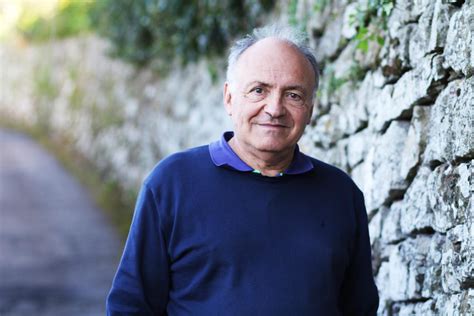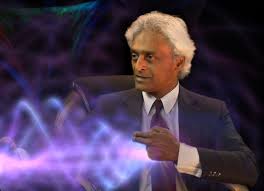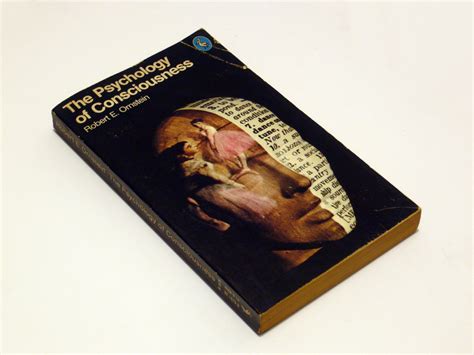A Quote by Agnes Repplier
Conversation in its happiest development is a link, equally exquisite and adequate, between mind and mind, a system by which men approach one another with sympathy and enjoyment, a field for the finest amenities of civilization, for the keenest and most intelligent display of social activity. It is also our solace, our inspiration, and our most rational pleasure. It is a duty we owe to one another; it is our common debt to humanity.
Related Quotes
There are two kinds of happiness - the temporary pleasure derived primarily from material comfort alone and another more enduring comfort that results from the thorough transformation and development of the mind. We can see in our own lives that the latter form of happiness is superior because when our mental state is calm and happy, we can easily put up with minor pains and physical discomforts. On the other hand, when our mind is restless and upset, the most comfortable physical facilities do not make us happy.
Let us not be blind to our differences-but let us also direct attention to our common interests and to the means by which those differences can be resolved. And if we cannot end our differences, at least we can help make the world safe for diversity. For, in the final analysis, our most common link is that we all inhabit this small planet. We all breathe the same air. We all cherish our children's future. And we are all mortal.
In trusting, we let ourselves go. We know that all kinds of unexpected events may come our way. Our tension eases, our mind and our hearts open spontaneously to be possibilities. It is an ever new state of mind, in the present moment, because we have detached from all we know. But it is also a feeling as old as can be, because, before all betrayals and all disappointments, there was a time in which trusting another was the very substance of our life.
As we enter the 21st Century it is clear that we have entered an unprecedented global age in which our diverse cultures, religions, philosophies, worldviews and perspectives encounter one another in the marketplace of our global village. It is now clear that our future sustainability on this planet calls for radical advances in our rational and human capacities to negotiate the powerful forces between worlds as the human family moves towards a sustainable global civilization.
I would say to bishops, and to all men in authority, we should have an interest in carrying on this work. We should labor to get the Spirit of God. It is our right, our privilege, and our duty to call upon the Lord, that the vision of our mind may be opened, so that we may see and understand the day and age in which we are living. It is your privilege, and mine too, to know the mind and will of the Lord concerning our duties, and if we fail to seek after this, we neglect to magnify our calling.
There is increasing social concern about our use of nonhumans for experiments, food, clothing and entertainment. This concern about animals reflects both our own moral development as a civilization and our recognition that the differences between humans and animals are, for the most part, differences of degree and not of kind.
This duality has been reflected in classical as well as modern literature as reason versus passion, or mind versus intuition. The split between the conscious mind and the unconscious. There are moments in each of our lives when our verbal-intellect suggests one course, and our hearts, or intuition, another.
?Reading good literature is an experience of pleasure...but it is also an experience of learning what and how we are, in our human integrity and our human imperfection, with our actions, our dreams, and our ghosts, alone and in relationships that link us to others, in our public image and in the secret recesses of our consciousness.





































